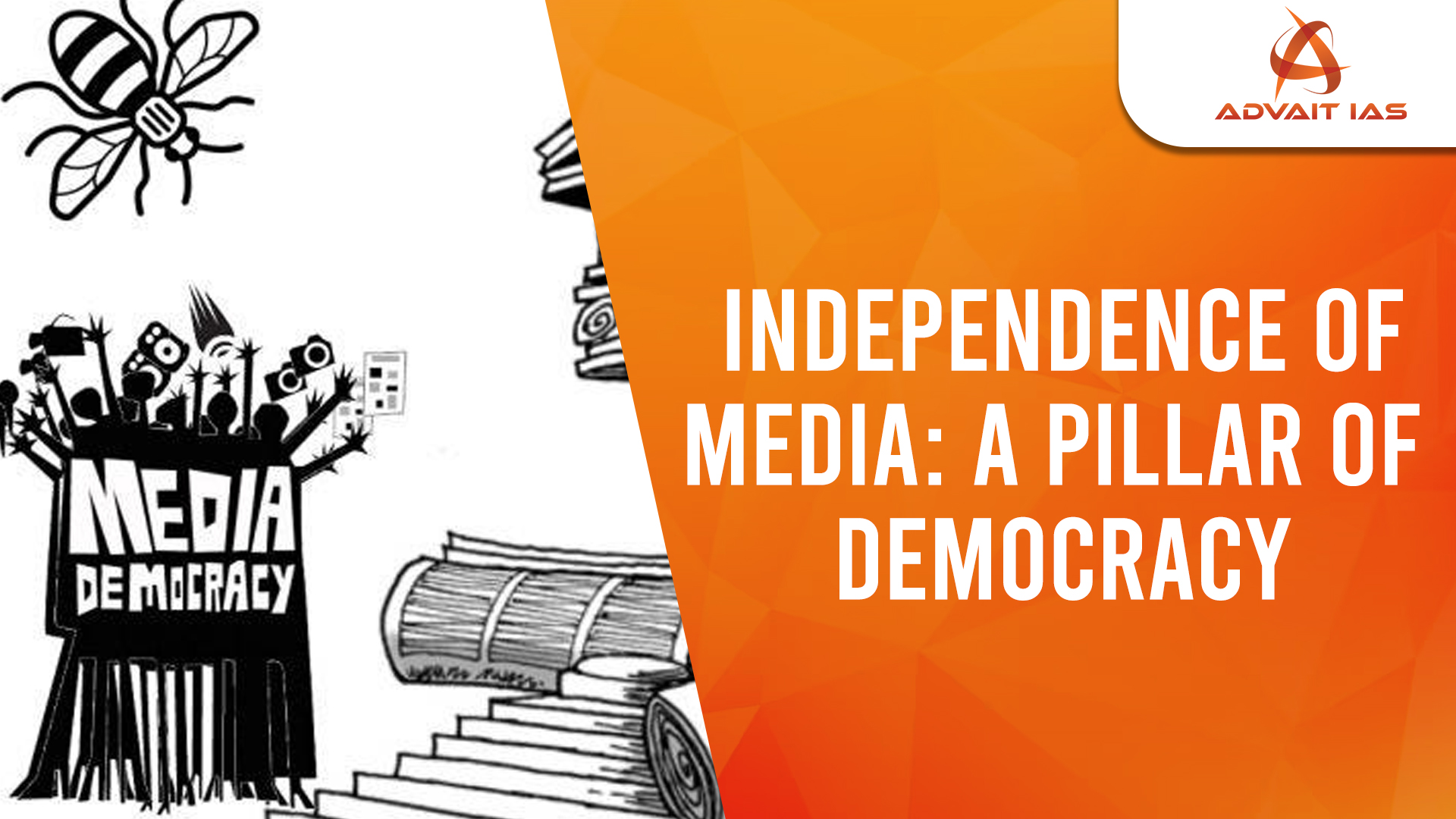Resignation of Pulitzer-winning cartoonist Ann Telnaes from The Washington Post after rejection of her cartoon criticizing owner Jeff Bezos. Highlights conflict between corporate ownership and editorial freedom.
Ethical Dilemmas in Media Independence
- Conflict of Interest:
- Editorial choices influenced by ownership compromise journalistic integrity.
- Raises questions about prioritization of corporate interests over public service.
- Suppression of Free Expression:
- Restricting dissenting voices violates the democratic right to free speech.
- Cartoonists and journalists are stifled from challenging authority.
- Erosion of Accountability:
- Media’s watchdog role is weakened when powerful figures escape critique.
- Risk of becoming a tool for curated narratives.
- Impact on Public Trust:
- Perception of bias and censorship erodes credibility.
- Public may turn away from mainstream media sources.
- Commercial Pressures:
- Dependency on advertisers may dilute critical coverage.
- Ethical compromises made in favor of revenue generation.
Significance of Free and Unrestricted Media in Democracy
- Ethical Governance: Example: RTI Act (2005) enables media to uncover corruption, ensuring transparency.
- Journalistic Integrity: Example: 2G Spectrum Scam reporting upheld the press’s role in exposing wrongdoing.
- Public Welfare: Example: Swachh Bharat Abhiyan’s media coverage increased civic engagement.
- Moral Accountability: Example: Nirbhaya case reporting spurred legal reforms and public mobilization.
- Power Scrutiny: Example: Coal Allocation Scam coverage led to Supreme Court’s intervention.
Philosophical Perspectives on Media Independence
- Utilitarianism: Ethical media benefits society by promoting informed discourse and societal good.
- Deontological Ethics (Kant): Media has a duty to truth; censorship breaches this moral responsibility.
- Virtue Ethics: Upholding media freedom reflects courage, integrity, and commitment to justice.
- Rawls’ Theory of Justice: Fairness demands representation of all voices, especially dissenting ones.
- Kantian Universalizability: Censorship of powerful figures fails when universally applied, undermining press freedom.
Suggestions to Strengthen Media Independence
- Institutionalize Editorial Autonomy:
- Clear policies to safeguard content from external influence.
- Ensure Transparency:
- Mandatory disclosure of ownership and conflict of interest.
- Promote Ethical Journalism:
- Regular training on ethics and professional standards for media personnel.
- Support Independent Platforms:
- Encourage alternative, crowd-funded or public-interest journalism.
- Foster Public Advocacy:
- Citizens must demand ethical, transparent, and independent media.
Free media is essential for democracy, justice, and public accountability. Upholding editorial freedom ensures truth prevails over profit or power.






